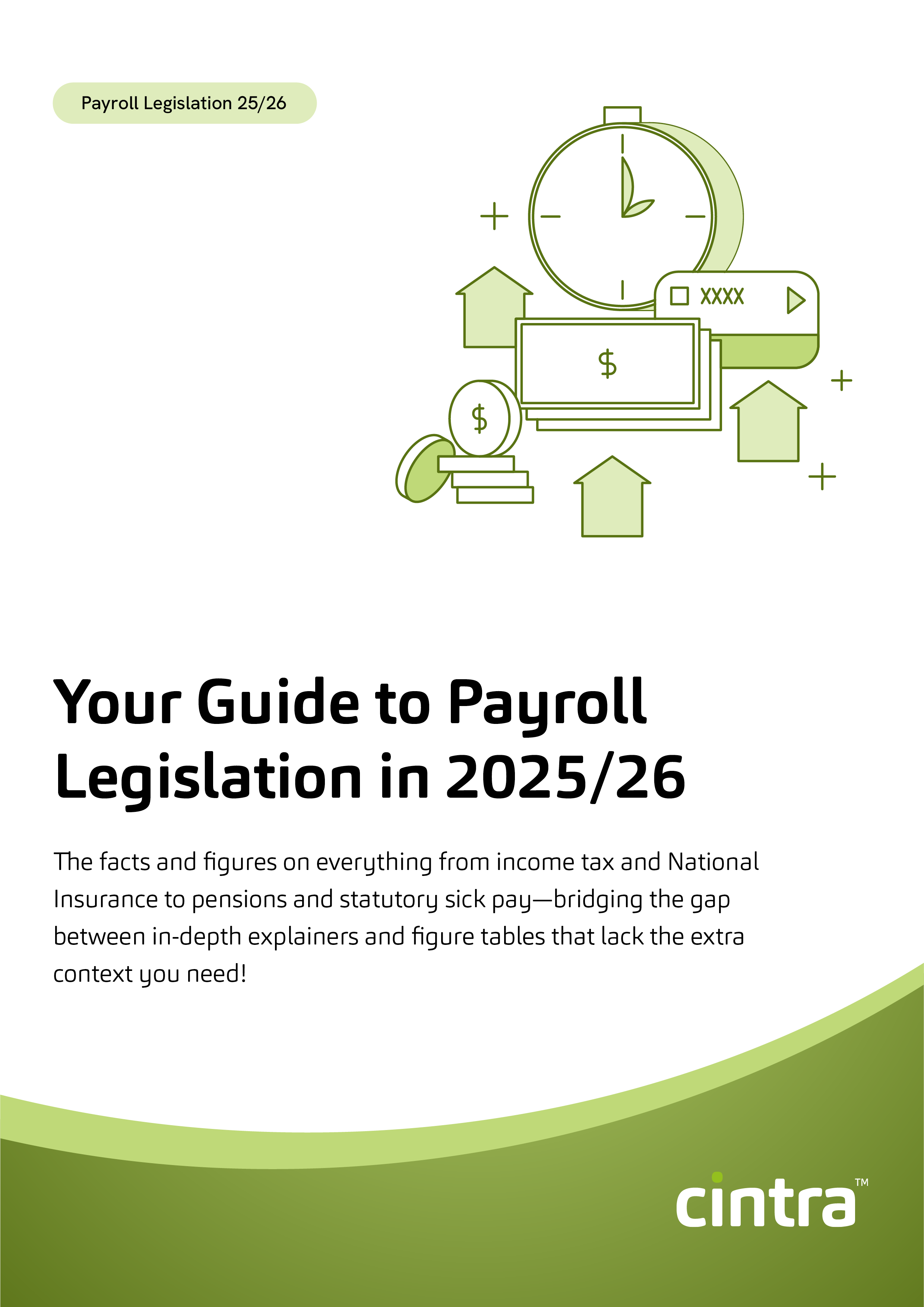Employment or Self-employment under UK tax law
You are legally obliged to operate PAYE in respect of all employees. However, deciding whether someone is an employee or self-employed is not always straight forward. If you are in any doubt, HMRC provides an online tool that can be found with the following link here.
Employment status is determined by the facts of the working relationship. It is not a matter of choice for the employer, and it is not a matter of choice for the worker. Each contract should be assessed separately. One person can be employed and self-employed at the same time in respect of different contracts. The definition of employment has not changed for many years, and will not be changed in April 2021 by the new IR35 rules.
If the work is employment, all payments to the worker should be made through the payroll, with PAYE deductions applied in the usual way.
If the work is a self-employment, you can continue to make gross payments to the worker.
When does IR35 apply?
The IR35 regulations apply if you are paying an intermediary for work which would be regarded as employment if the payments were made directly to the worker. For example, if the worker has a personal service company which invoices you for the work.
An IR35 worker is not legally an employee, but is deemed to be an employee for tax, NI and Apprenticeship Levy purposes. Auto-enrolment regulations do not apply to IR35 workers.
The current rules are that the intermediary company is responsible for calculating and paying over tax, NIC and the Apprenticeship Levy. From April 2021 the responsibility will shift from the intermediary to the final client in some circumstances. This happens if the final client meets two of the following three criteria:
- Annual turnover of more than £10.2 million
- Balance sheet of more than £5.1 million
- More than 50 employees
(For a group of companies, these tests apply to the group total. The group status of the company is defined in terms of ownership and control, in the same way that it is for the Employment Allowance.)
If you are a small company for IR35 purposes (not meeting two of the three criteria), there will be no change from April 2021. You can continue to pay invoices without deduction of tax and NIC. Responsibility for calculating and deducting tax and NIC will remain with the intermediary company.
Questions you need to ask and actions you need to take
- Do you pay intermediaries (for example, personal service companies)?
- If yes – would the work be classed as employment if the employment status test is applied?
- If yes – are you a large company for IR35 purposes?
- If yes – advise the worker of your intention to apply IR35 from April 2021. Please also advise your payroll officer.
“Employees” and “Workers”
We often hear about the distinction between “employees” and “workers” in connection with the so-called “gig economy”. This distinction is derived from European law and case law, affects certain employment rights. For example, a worker has the same minimum wage and holiday rights as an employee, but does not have a right to Statutory Redundancy Pay, or compensation for unfair dismissal.
It should be stressed that there is no separate “worker” status in the tax and NIC legislation. For PAYE purposes, you are either an employee or self-employed. An individual who is judged to be a worker for employment rights purposes, may be regarded as an employee for PAYE purposes.
The HMRC employment status tool is used to distinguish between employment and self-employment for tax purposes. It does not distinguish between “workers” and “employees” for employment rights purposes.
Our payroll software enables you to include off-payroll workers in your company’s payroll for tax, National Insurance Contributions and Apprenticeship Levy purposes. If you are a Cintra customer, visit our support site for more details about this.


